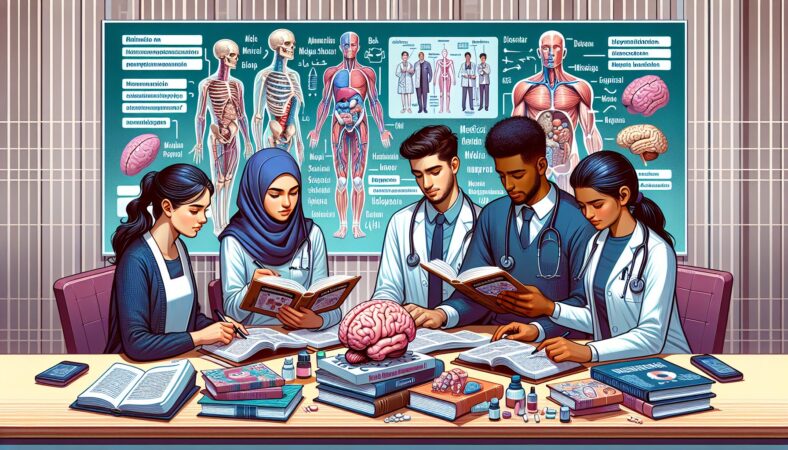As students, it is essential to have a good understanding of medical information. Whether it’s knowing how to take care of yourself when you’re sick or understanding the risks associated with certain behaviors, having this knowledge can help you make informed decisions about your health. In this article, we will discuss why it is important for students to be well-informed about medical information.
Understanding Symptoms
One of the primary reasons why students should have knowledge of medical information is to be able to recognize and understand symptoms of various illnesses. By knowing the signs of common illnesses such as the flu or strep throat, you can seek medical attention promptly and prevent the spread of the illness to others. It is also important to know when symptoms may indicate a more serious condition that requires immediate medical attention.
Making Informed Decisions
Having a good understanding of medical information can also help students make informed decisions about their health. For example, knowing the risks associated with smoking or excessive drinking can help students avoid these behaviors and maintain a healthy lifestyle. Additionally, being aware of the benefits of regular exercise and a balanced diet can encourage students to make healthier choices.
Seeking Help
Knowing how and where to seek help when you are feeling unwell is crucial for students. Whether it’s scheduling an appointment with a healthcare provider, visiting a walk-in clinic, or seeking advice from a school nurse, having this knowledge can help ensure that you receive the care you need in a timely manner. It is also important to know your rights as a patient and how to advocate for yourself when seeking medical help.
Taking Control of Your Health
Ultimately, understanding medical information empowers students to take control of their health. By being proactive about preventive care, staying informed about common health concerns, and seeking help when needed, students can prioritize their well-being and make choices that support their overall health and well-being. This knowledge can also help students navigate the healthcare system more effectively and advocate for their own health needs.
Conclusion
In conclusion, having a good understanding of medical information is essential for students. By recognizing symptoms, making informed decisions, knowing where to seek help, and taking control of their health, students can prioritize their well-being and make choices that support a healthy lifestyle. It is important for students to educate themselves about common health concerns and be proactive about their health in order to maintain a high quality of life.
